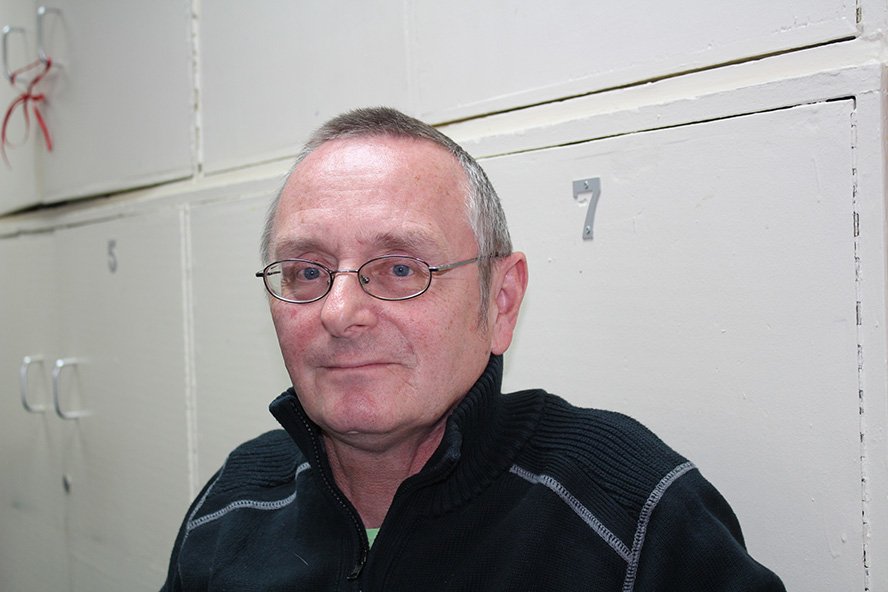A Sunderland carer has praised a specialised, free training course set up to help those looking after someone who has a long term health condition.
Alan Crawford, from Ryhope, cares for his wife Chris, who lives with debilitating health problems requiring near-constant assistance. Mr Crawford has welcomed a new training programme organised by Sunderland Carers’ Centre as part of their work for All Together Better – a care model that aims to provide better care for the city’s most vulnerable and those who look after them by bringing together teams of professionals from health, social care and local support organisations.
Mr Crawford, who attended a group session at Ryhope Community Centre, said the six-week programme – which offers practical advice and information to help carers better support their loved one – has been useful in equipping him with knowledge, skills and confidence that he would otherwise struggle to gain. The sessions include visits from nurses, occupational therapists, community matrons, reablement teams and mental health support, who each offer valuable support and guidance to carers.
Alan, who was a gardener until 2014, when he had no choice but to give up work in order to take on full time caring responsibilities for Chris, explains: “When I met Chris, she had already received a diagnosis that suggested her condition would continue to deteriorate, so every day she is defying medical opinion and fighting through.
“She needs a lot of support and even leaving her at home alone for a short amount of time can be worrying. But groups like this give me a chance to hear about support that might be useful and to talk to other people, something I miss out on.
“I enjoy hearing about services that could help us – and about what other people in the same position are experiencing. I speak to a lot of people who say ‘oh, you’re doing a great job caring for Chris’, and that’s lovely to hear, but it doesn’t make it any easier. Sometimes I feel like I am moaning, but only people who have been a carer understand what life is like looking after someone full time. For us, this is forever, so it is good to know that there is support out there.”
Alan’s wife Chris requires his full time care, despite only being in her fifties. She was diagnosed with a brain tumour in 1992, and at the time was given just five years to live. Two severe strokes since then have left her unable to walk independently, and she lives with epilepsy, meaning she needs round-the-clock care from her husband.
Though Alan has a bad back from his time working full time as a gardener, he often has to support Chris to and from the car to ensure she is able to get out of the house from time to time, something the Carers’ Centre has arranged for Occupational Therapy Services to support him with. Thanks to the course, he and other carers across the city who are looking after some of the most frail and unwell people in Sunderland, will learn more about additional support that is available to help them in their caring role, and to allow them to spot signs early that they may need to seek additional help to manage an illness or injury a loved one is coping with, in addition to their ongoing conditions.
While Alan gets support from his GP, the course shares information about support such as Recovery at Home, which is also part of All Together Better and was set up to help deliver joined-up, short term, intensive support that keeps people out of hospital and as well as possible during periods of illness or if they have been injured, for example following a fall at home or out and about.
Andrea Adams, Head of Programme Management for All Together Better Sunderland, said: “Carers are the unsung heroes in our society who provide absolutely vital support day-in-day-out to people who would otherwise require constant help from health resources, or even end up in hospital unnecessarily.
“It is so, so important that we care for carers, and courses like this, part of All Together Better, allow us to be really proactive in doing just that, equipping them with information and advice that supports them with what is the most challenging of responsibilities.”
Andrea added: “The success of the service would not be possible without the support of facilities like Victoria Road Health Centre, St David’s in Farringdon, New Springs in Fulwell Road and Ryhope Community Centre. We would like to thank the local organisations who have provided us with the community venues, making the workshops accessible for local residents.”
